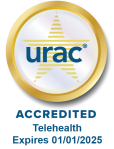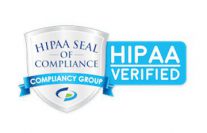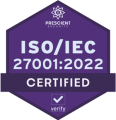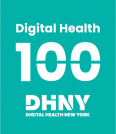When a Doctor’s Visit Is Served Up Too Fast
IN OUR OPINION
In a recent study published in the JAMA Internal Medicine, titled “Trends in Visits to Acute Care Venues for Treatment of Low-Acuity Conditions in the United States From 2008 to 2015,” the authors looked at the data of 20.6 million Aetna insureds and their acute care visits. The findings showed that fewer patients are going to emergency rooms for acute care and are increasingly finding other options for acute care, including retail urgent care centers and standard telemedicine.
At first glance, that’s a good thing for hospitals, insurance companies, and for the patients themselves who experience shorter wait times and a faster track to feeling better. Faster, quicker, “drive-thru” acute care: an ideal solution that solves everyone’s problems, right? Well, not quite.
In-N-Out Acute Care?
The idea of Acute Care in the Box as a faster, value-priced version of medical care is worrisome; moving patients in and out as though they’re in a drive-thru lane is simply providing a slightly cheaper solution to the ER without fixing the problem. The problem that needs fixing is getting patients the right care at the right place at the right time and all to often the lowest cost, highest quality care for the patient is not the urgent care. Urgent care is often still relatively expensive and or not the best place for the patient when acute care is needed. So that begs the question. Is this a fatally flawed, broken “healthcare-to-go” solution? Patients shouldn’t be made to trade convenience over the right care.
In our opinion, once it drives enough utilization, urgent care, has the potential to be one of the greatest threats in reducing quality and increasing cost that our healthcare system faces.
Changing the Way Acute Care Is Delivered
In order to provide high-quality acute care that is in each and every patient’s best interest, they need to be seen by highly trained acute care experts that are immediately available and accessible at the lowest cost possible — and can then give them the right tools to either treat or triage the right care, right place right time. A greater need for how acute care is delivered is key. Patients deserve time with highly skilled ER providers who can guide and direct them, not a random one time episodic solution worried about in-and-out times.
Virtual ER Care Provides the Best Acute Care Solution
What’s encouraging in the study’s findings is that there are “substantial shifts at which venue Americans received acute care for low-acuity conditions.” This shift represents the changing environment in which patients are receiving acute care — including virtual acute care that offers comprehensive, collaborative, and personalized care, from the initial consult and treatment through follow-up contact.
United Concierge Medicine brings the power of the ER to you at the touch of a button with its unique treat and triage approach. Acute medical problems require more than a few minutes time and require coordination of that care with primary care providers and specialists. With UCM, acute care is not a random, one-time consult, but is a case with a beginning and an end with follow-up care that ensures the very best care for each and every patient.






